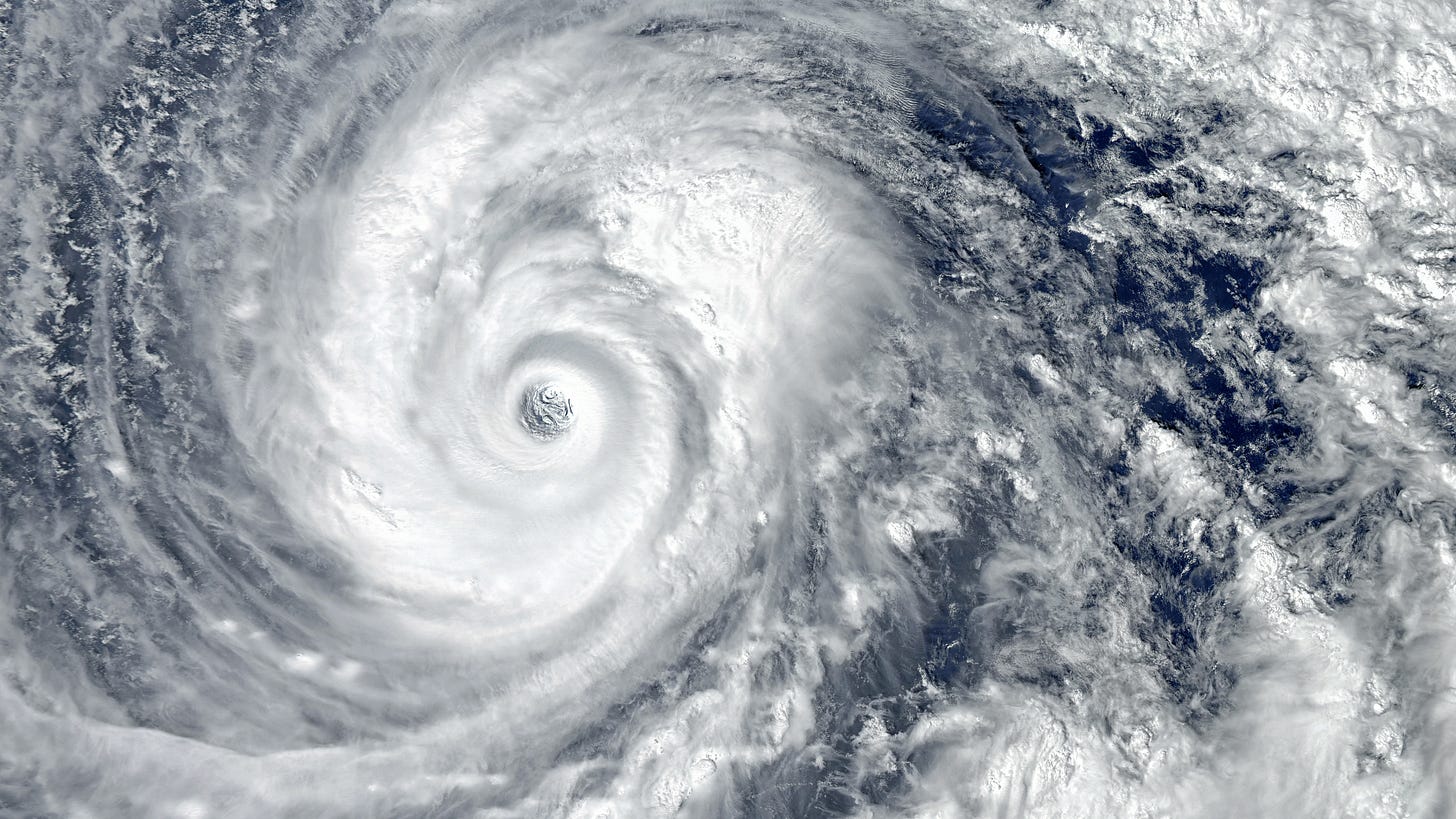A reflection from Rev. Dr. Amanda Henderson, the Director of the Institute for Religion, Politics, and Culture at Iliff School of Theology in Denver & host of Complexified: a weekly interview podcast from the Iliff Institute for Religion, Politics & Culture and Religion News Service.

It feels like we are in the eye of the hurricane. As we wait for the presidential election results, the forecast says the coming days will be volatile and full of uncertainty- and maybe even danger.
And it has already been a wild ride– the past ten years have been stormy- we thought we had seen it all, and yet, here we are.
Navigating starkly different competing visions of who we are as Americans. Some frame this time as spiritual warfare, seeing their Christian identity and culture as under attack. Others name this moment an existential threat to democracy as basic institutions and fundamental rights are being dismantled. We have divergent tellings of history, conflicting facts, and radically different interpretations of day-to-day events.
This gulf between us– and the high-stakes framing of the moment- feels like a dangerous combination.Since the language required to make people aware of the threats seems to further exacerbate the threats, it’s easy to become resigned. To simply give in to our feeling of powerlessness.
And yet. This is not the time to check out. This is the time to lean in. To think critically and practice communicating our convictions with clarity and grace. To engage with people from all different backgrounds. To be in solidarity with those most impacted by policy changes and rhetoric. To listen and hold connections with those we disagree with. We vote. We resist despair. We cannot buy into the binary “with us or against us’ paradigm that only fuels the flames of violence.
This is when to remember that the we of who we are has long been in conflict and contradiction.
This is mixed up within us and between us. This doesn’t mean the stakes are any lower– it doesn’t mean we engage in naive optimism. It means we know our survival is about more than politics or policy, or even oppression.
Our survival is about our connections to one another. Our commitment to tend the soil of relationships, imagination, creation, care, compassion, and resilience. Our survival is in the peacemakers, the builders, the weavers, the farmers.
When it comes down to it– no matter what the storm brings, it is incredible what we can survive, together.
-A

